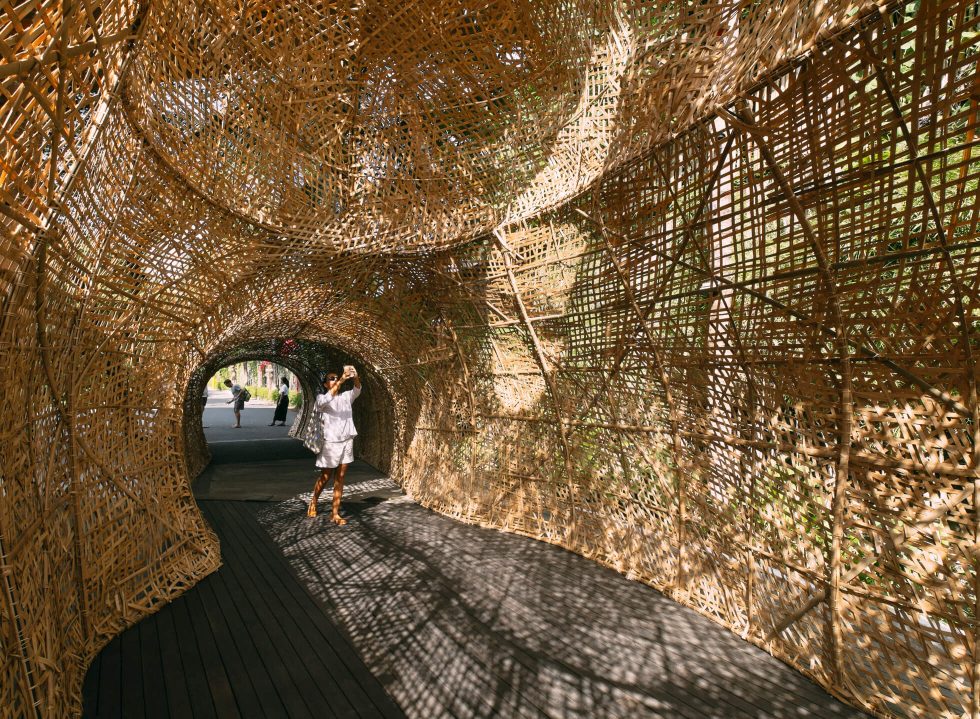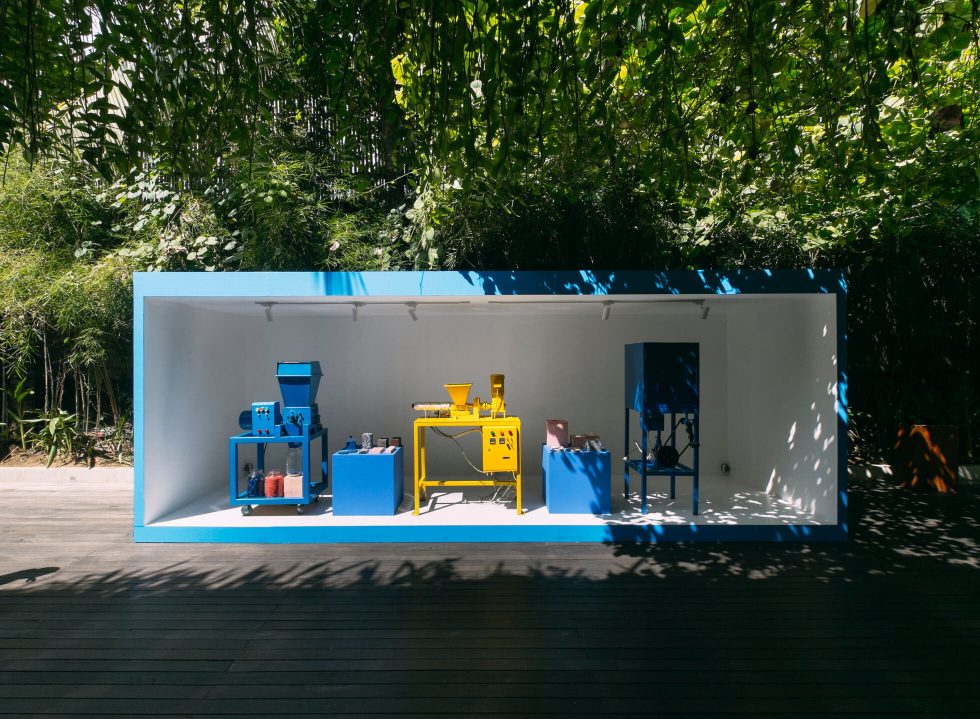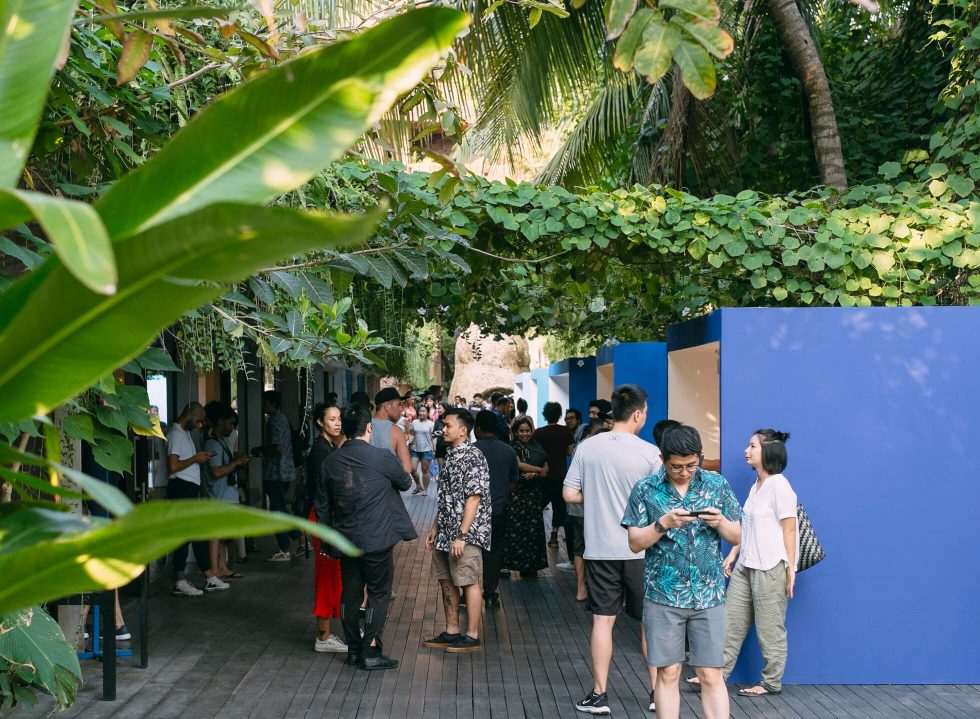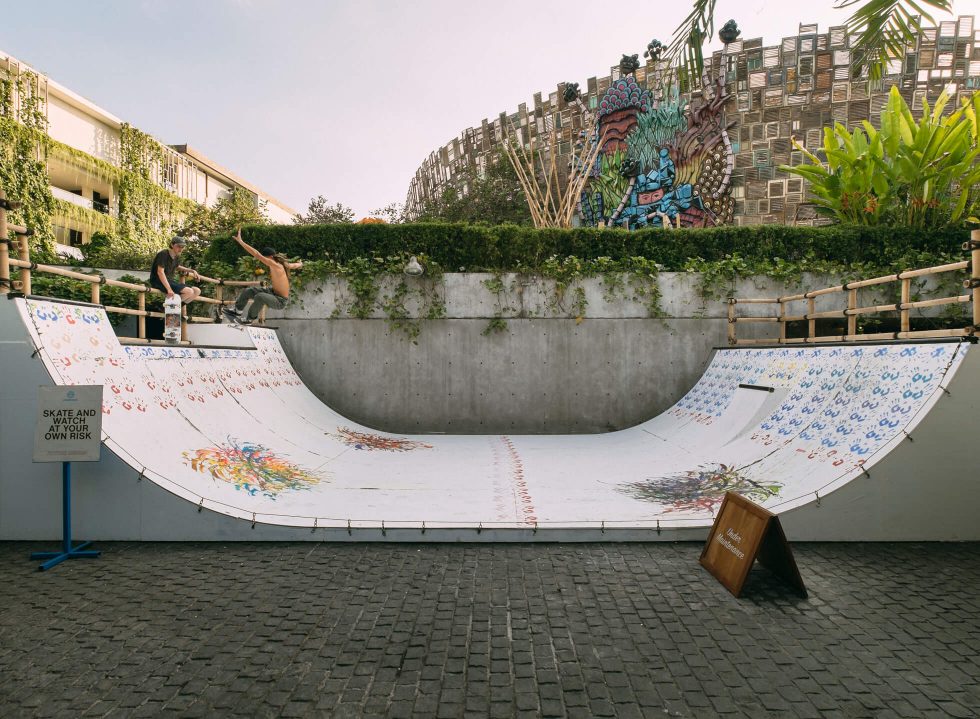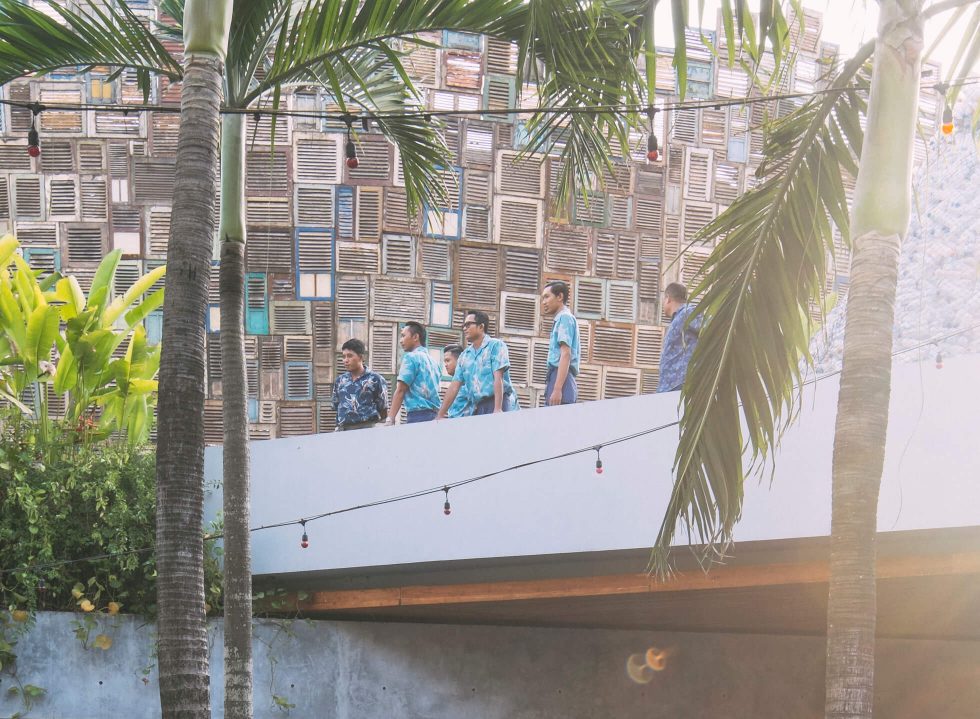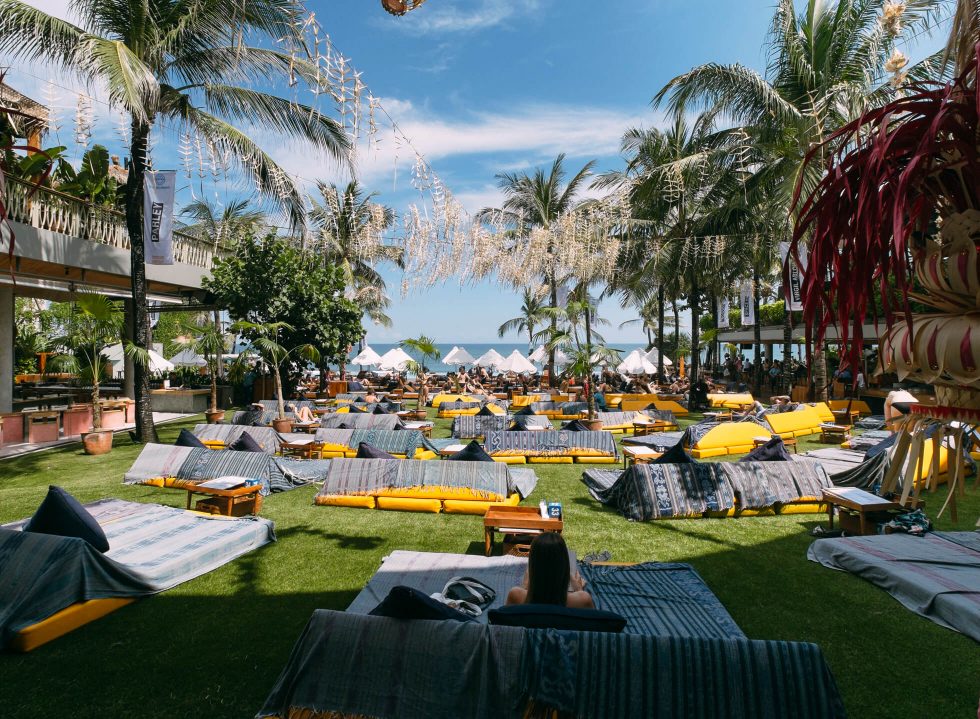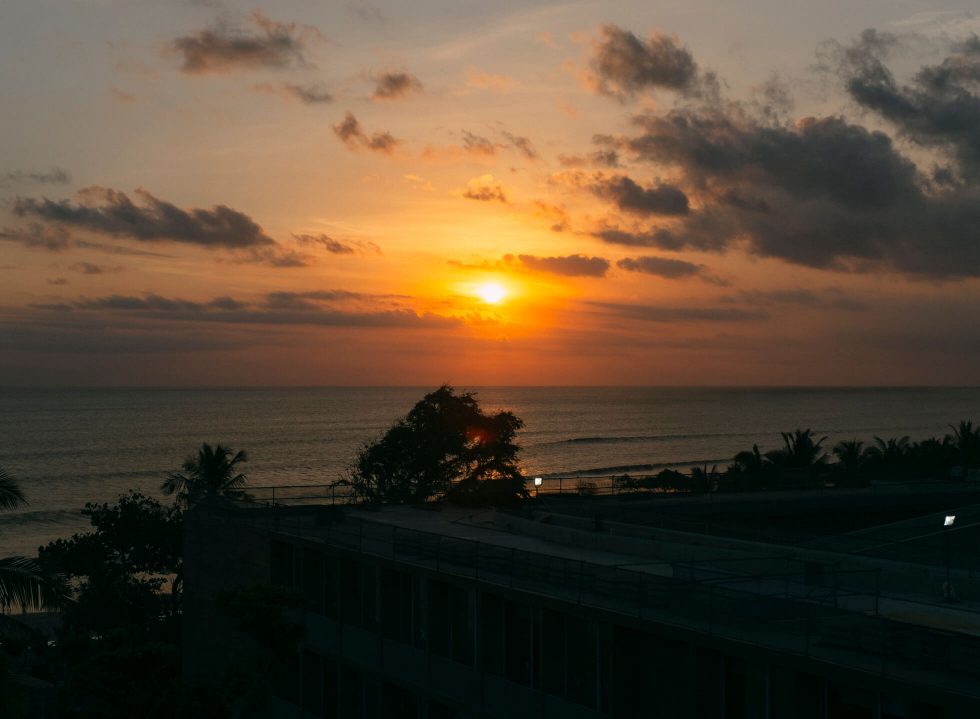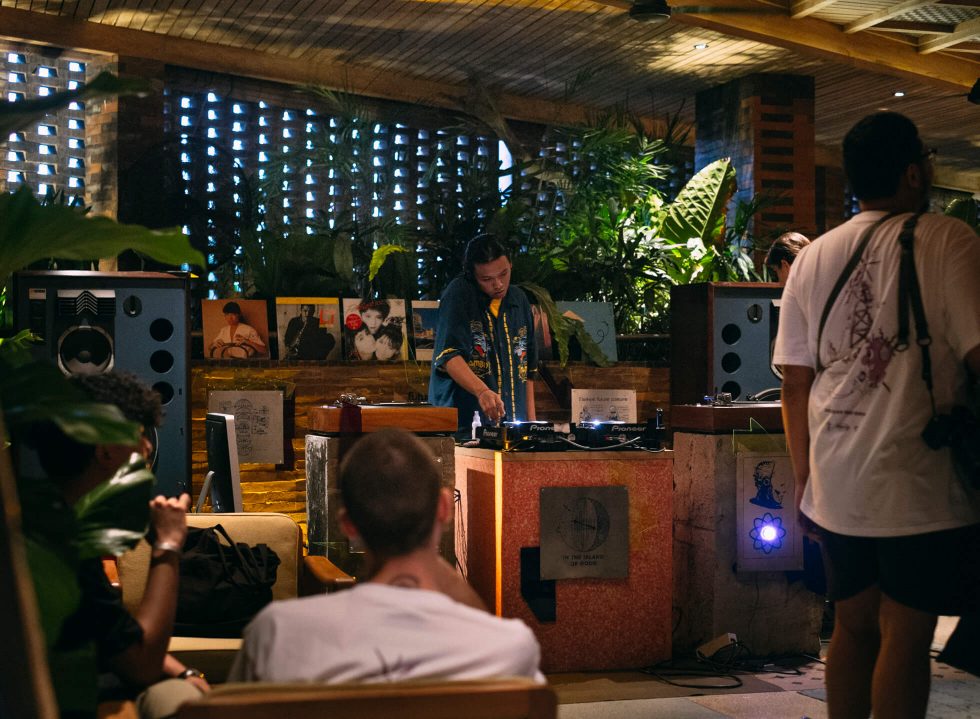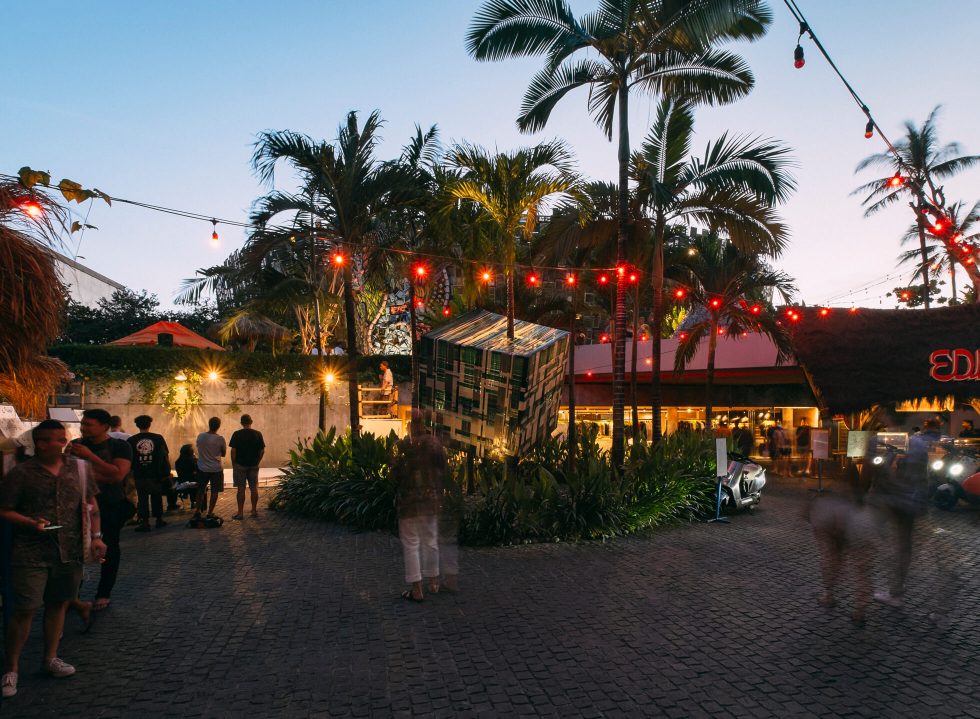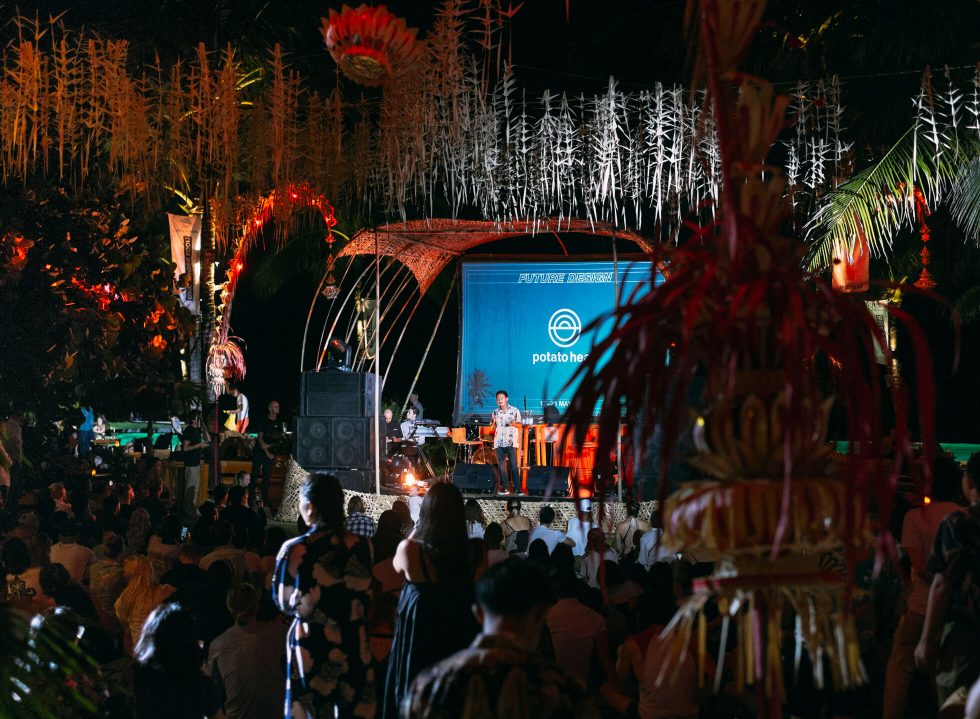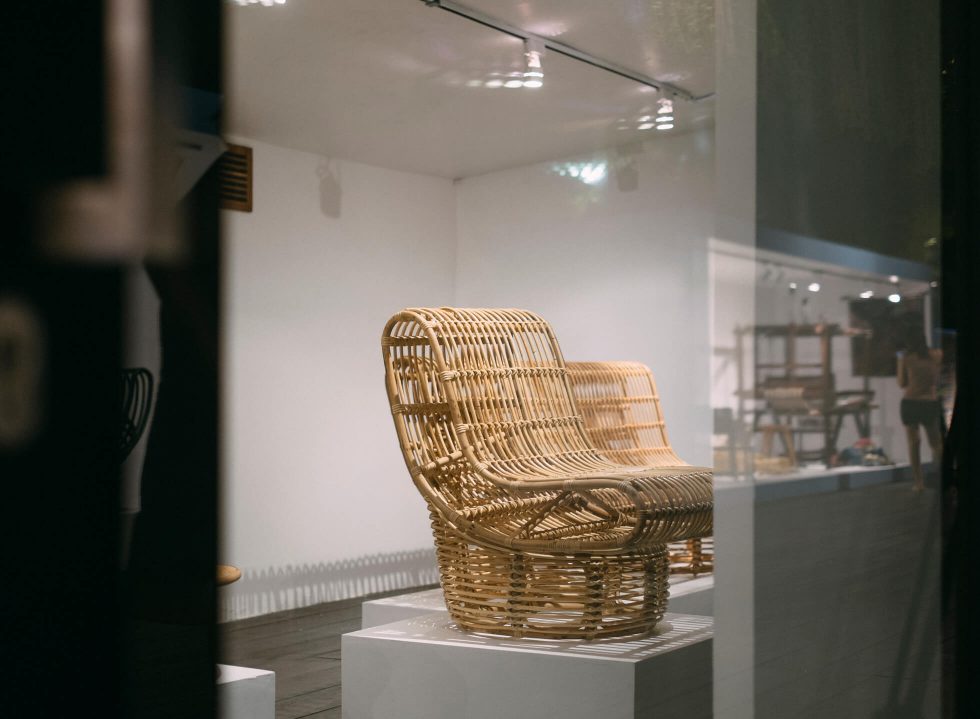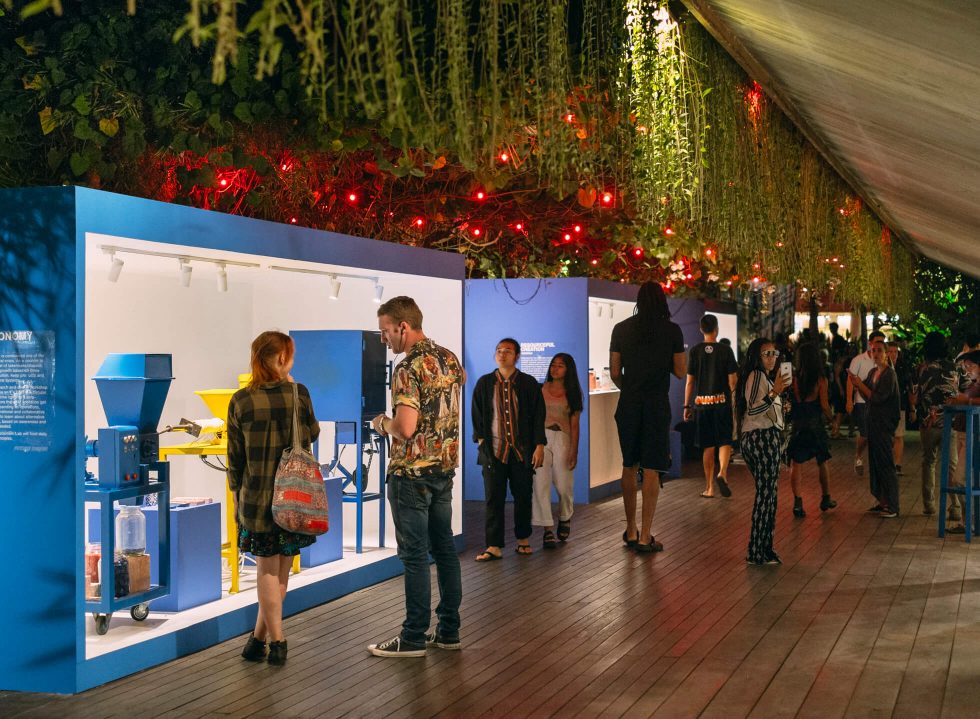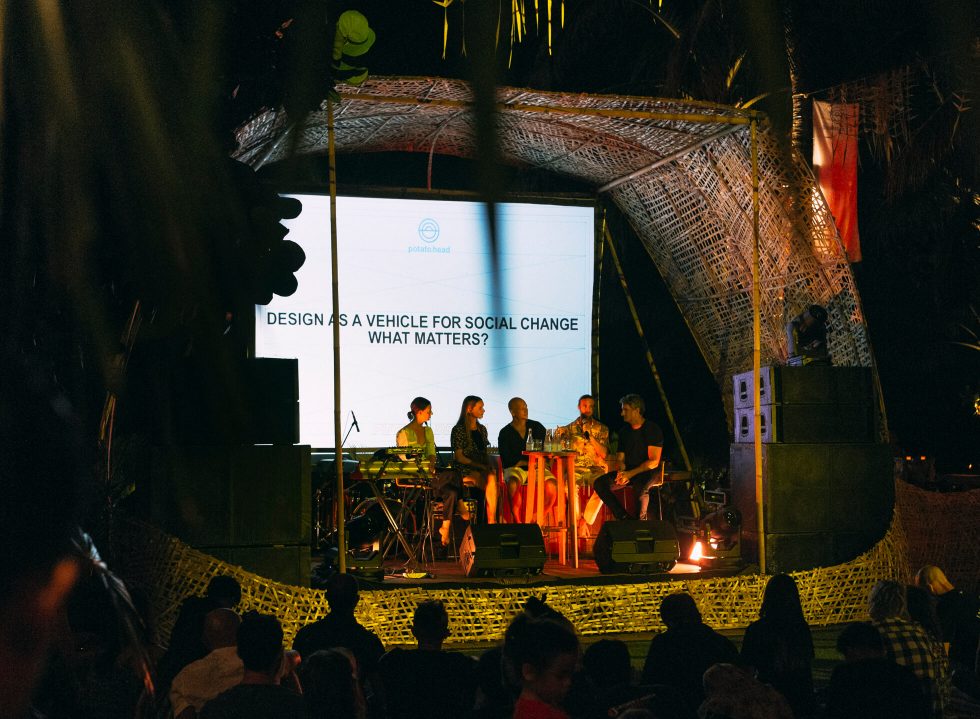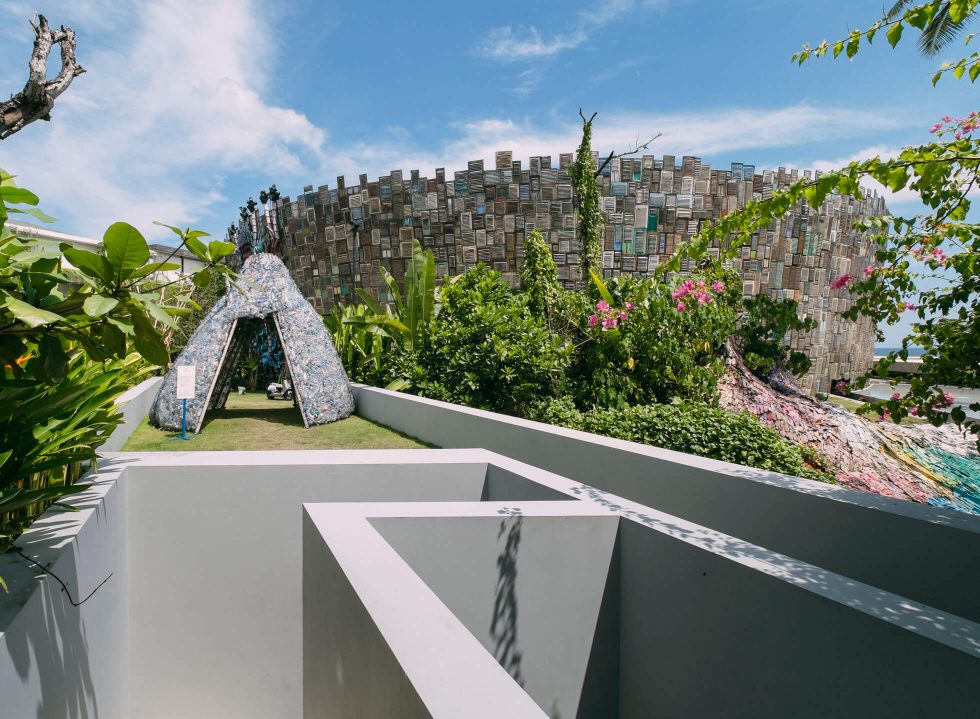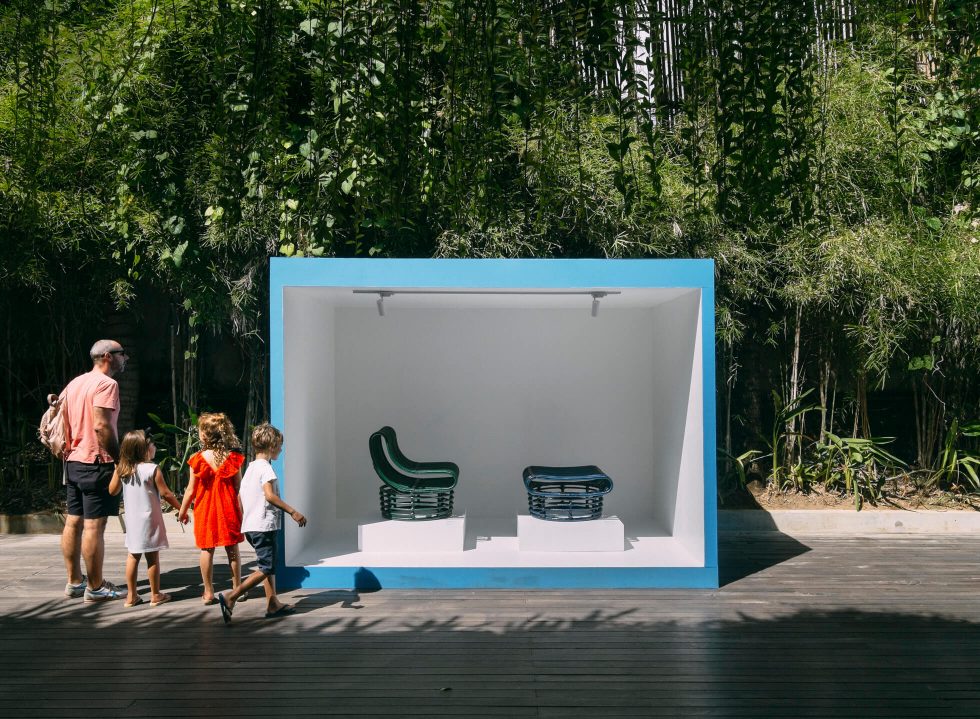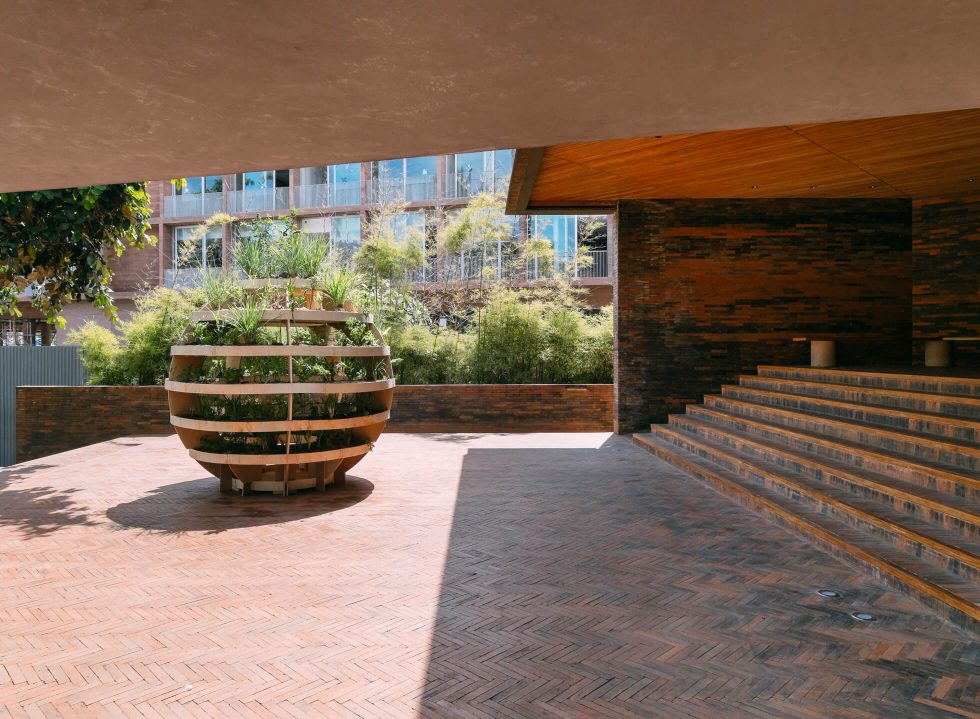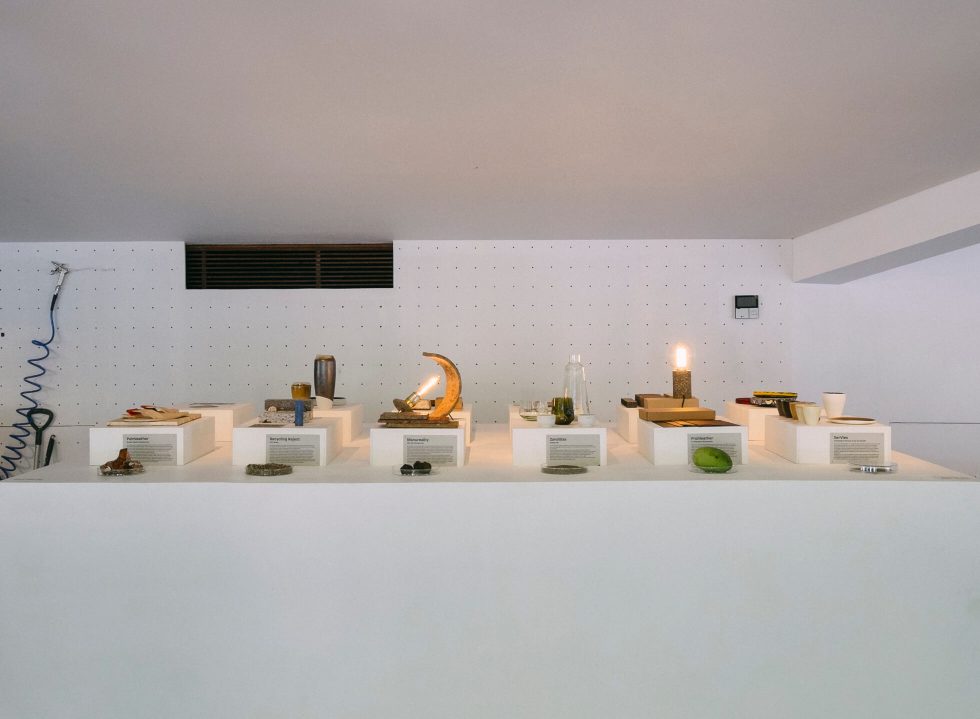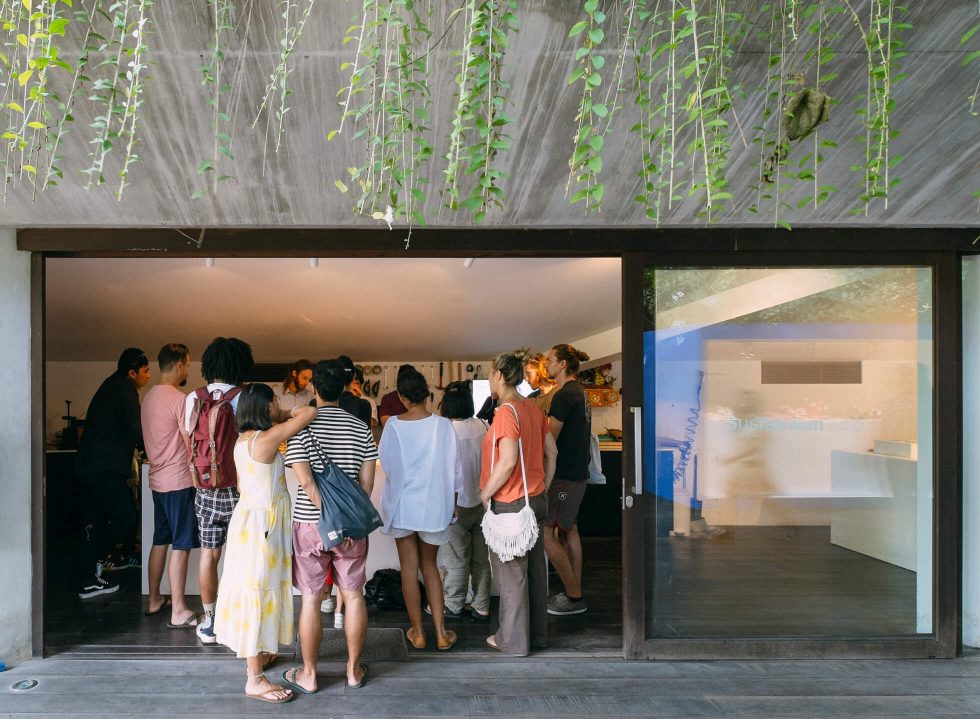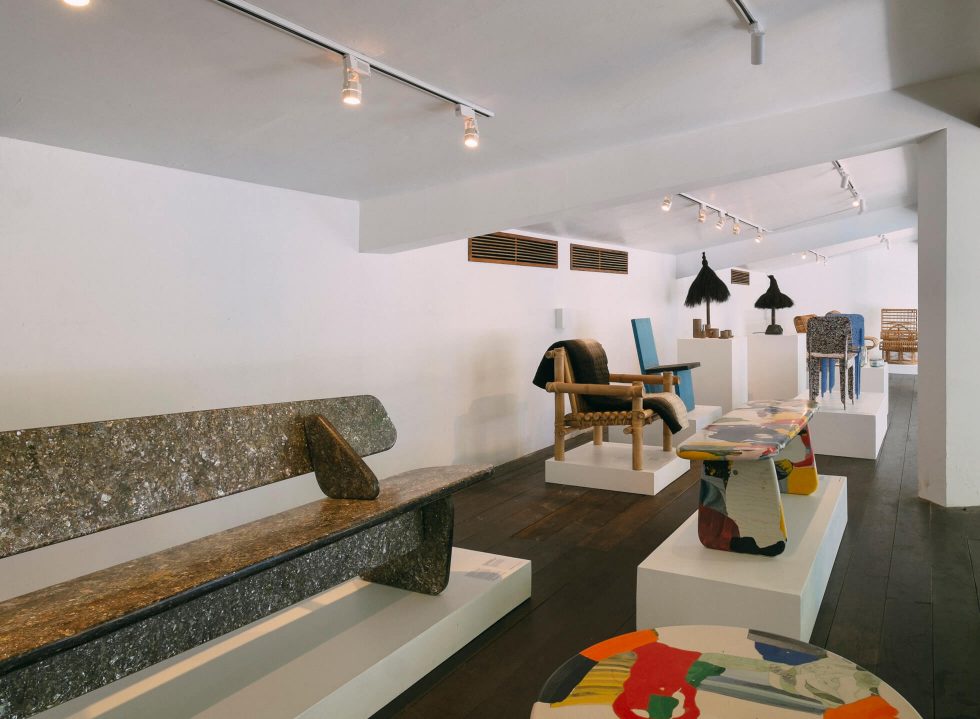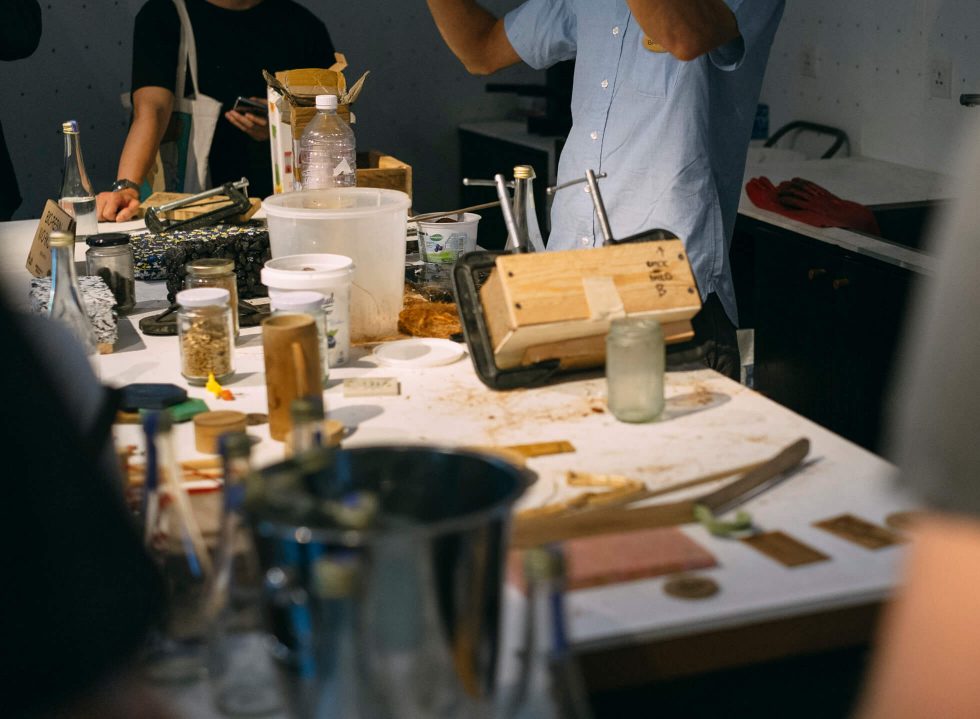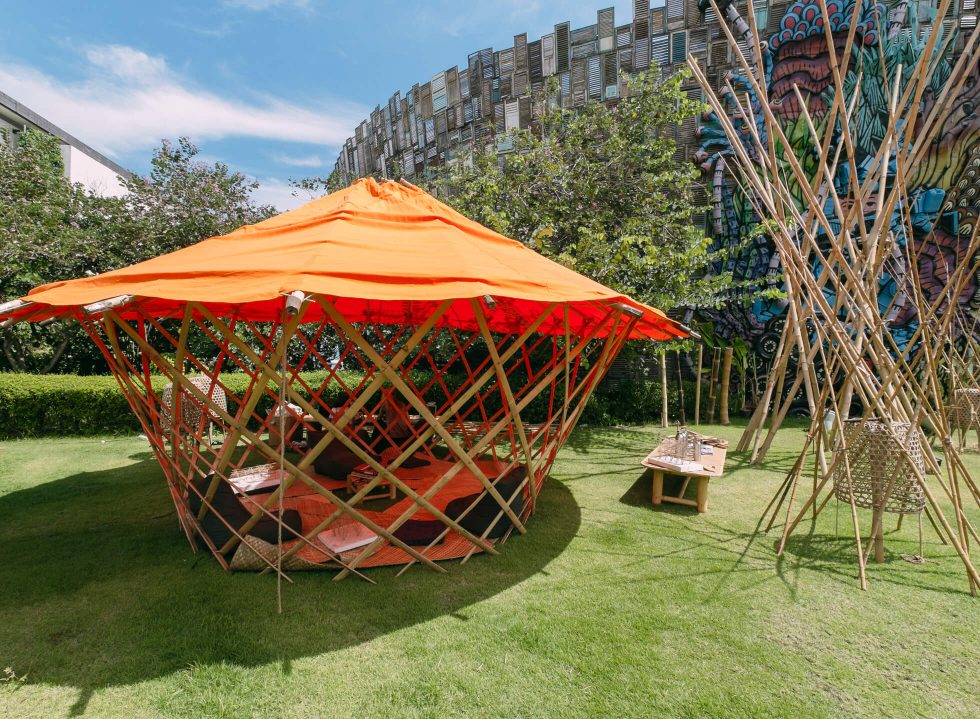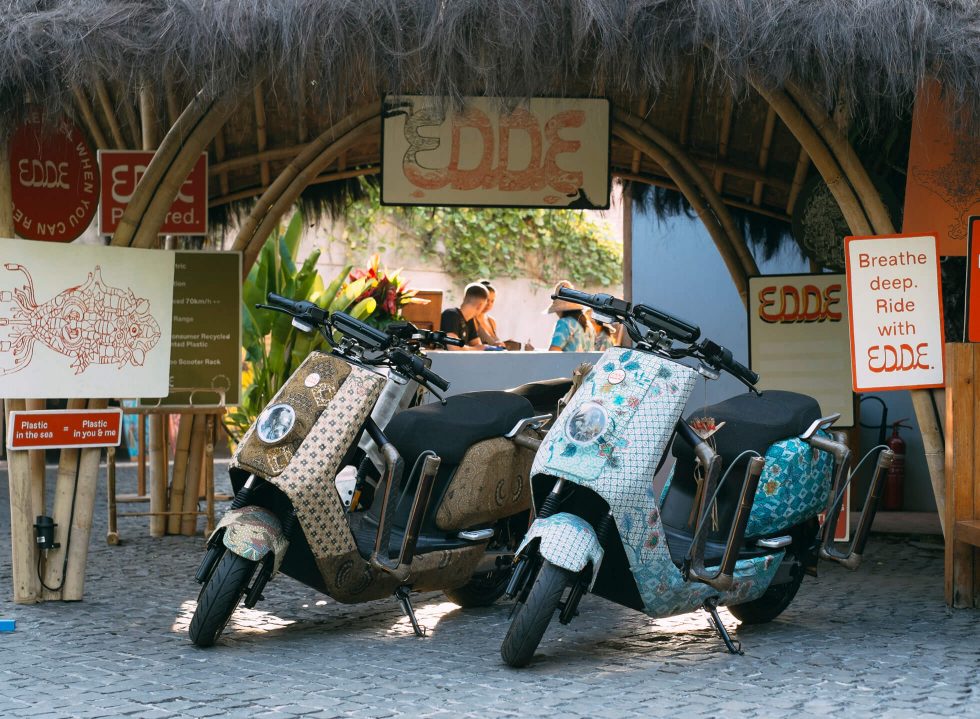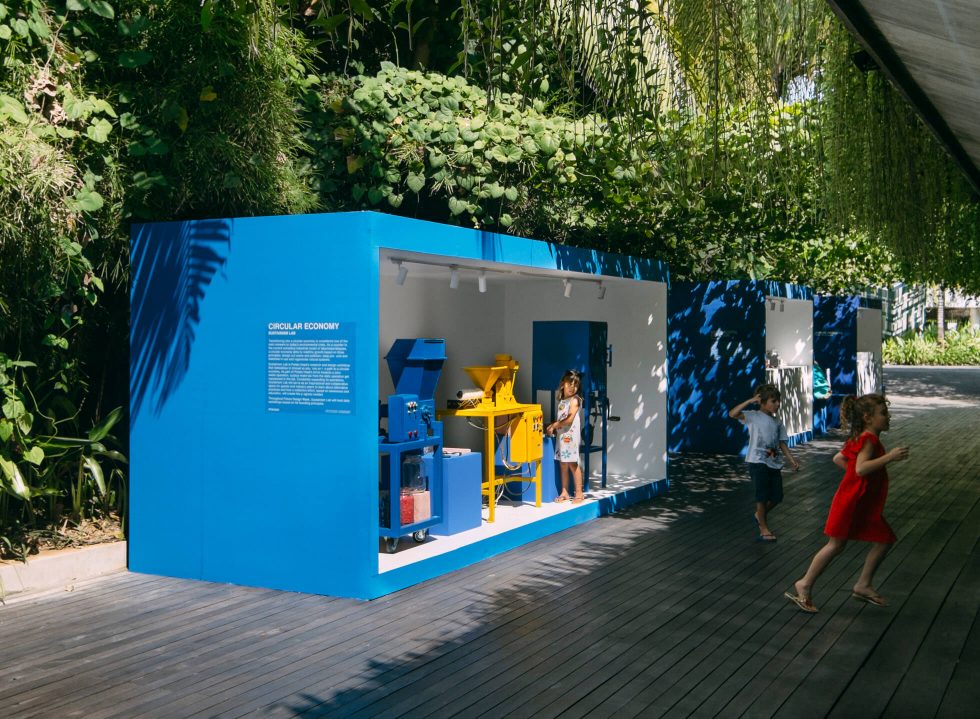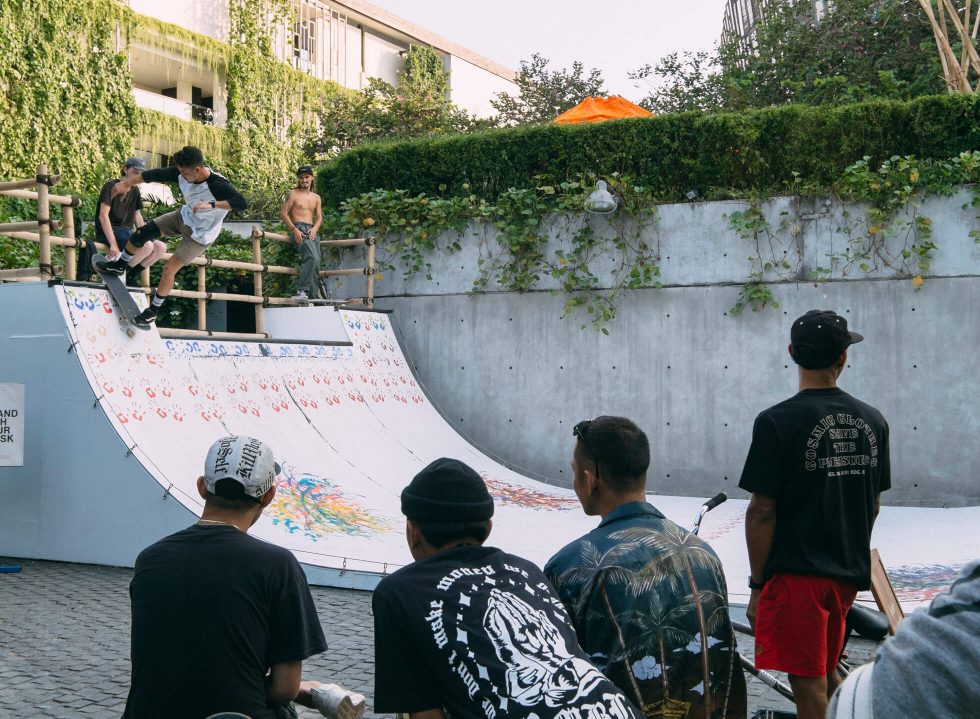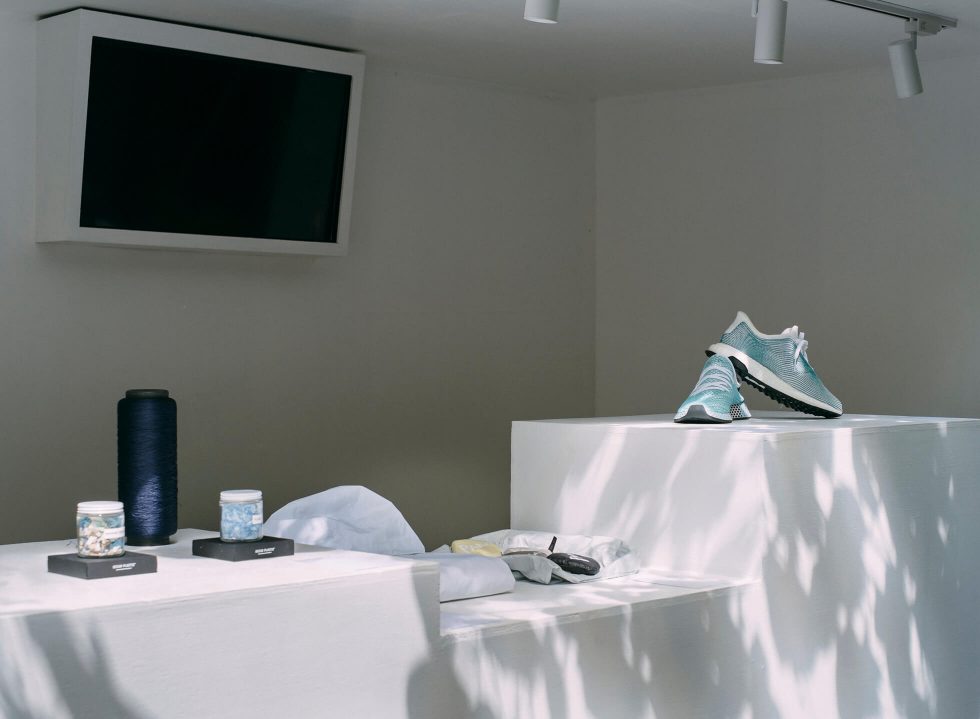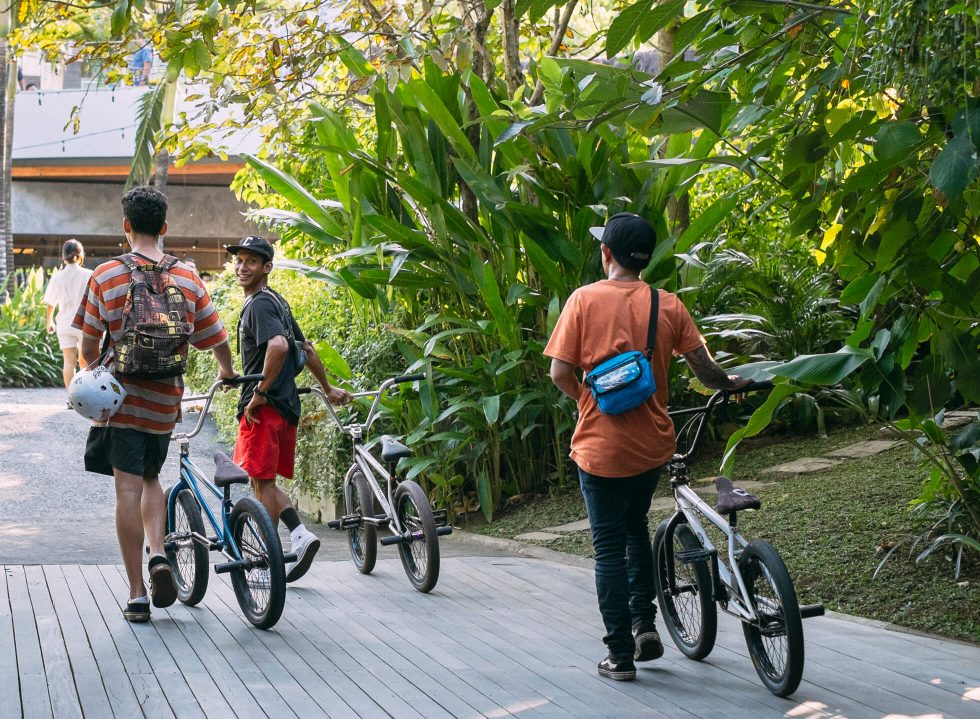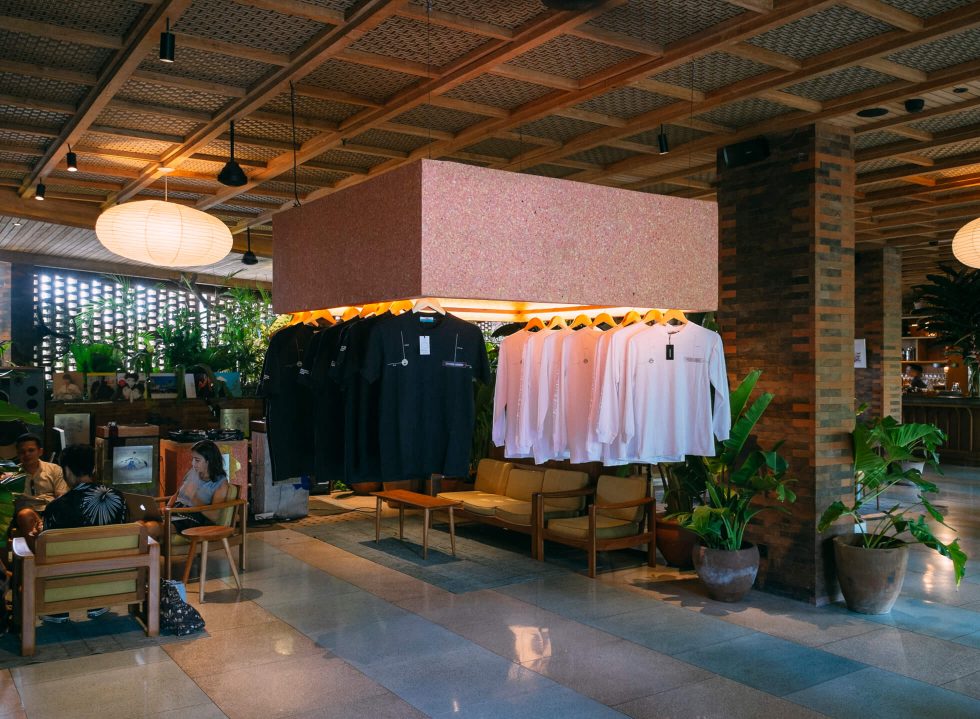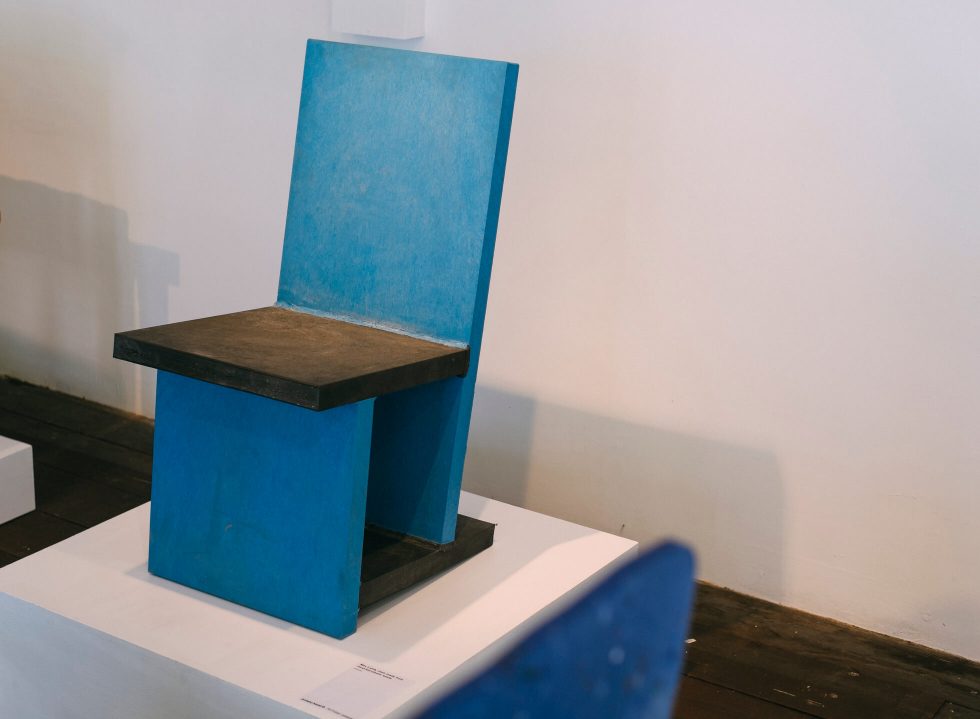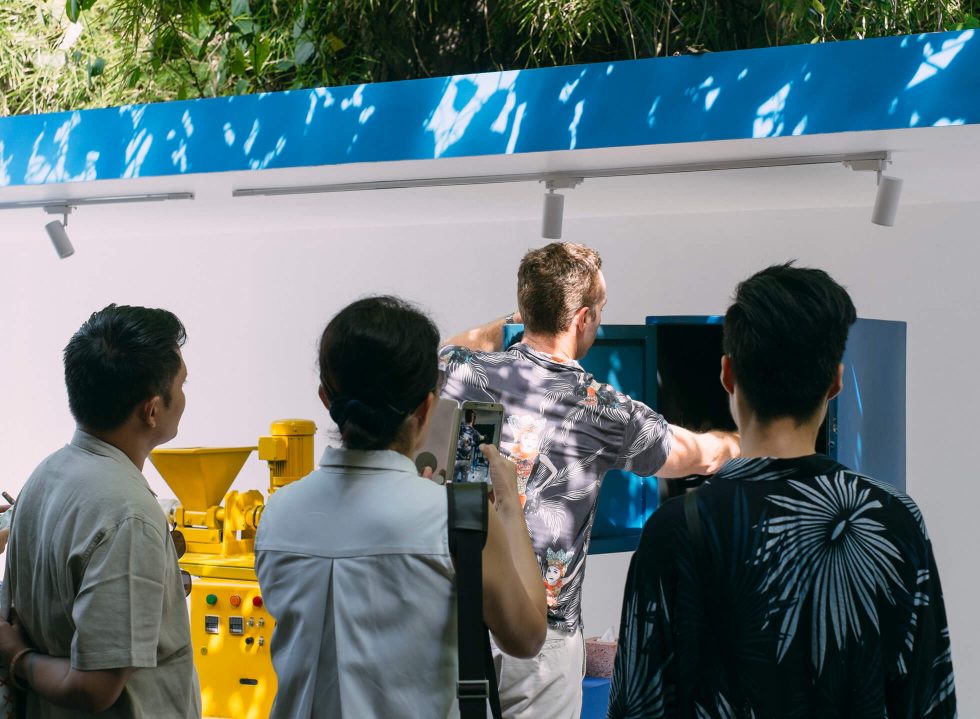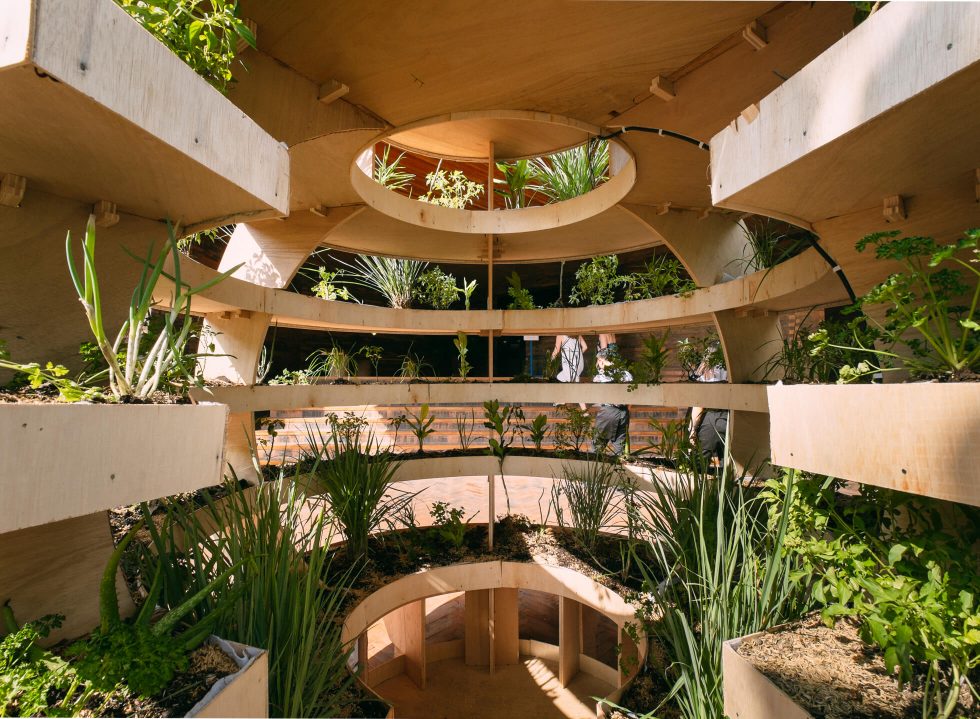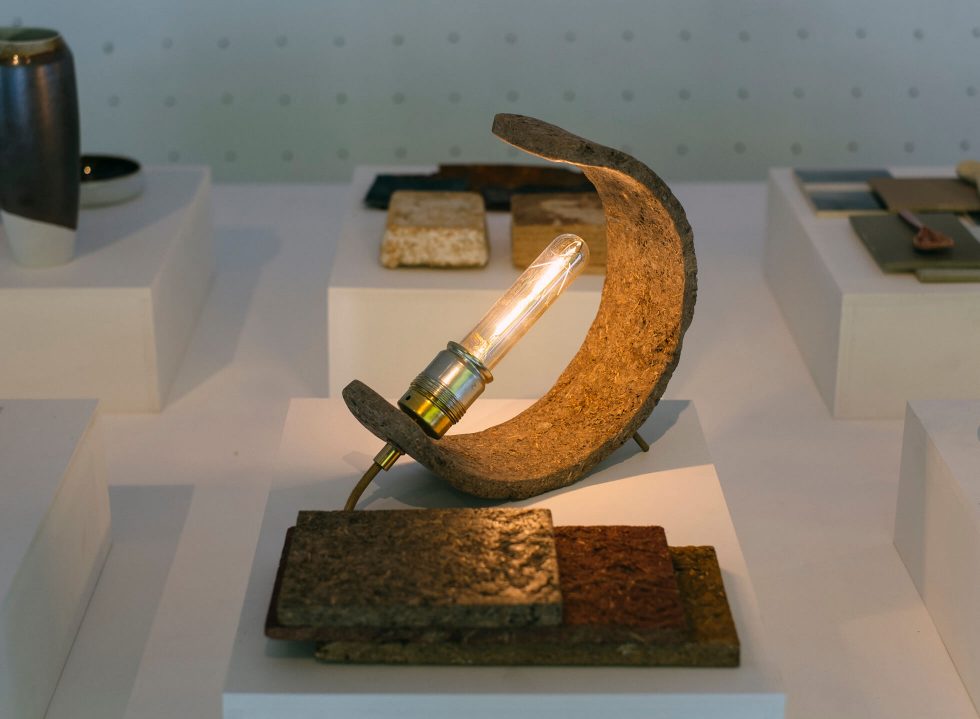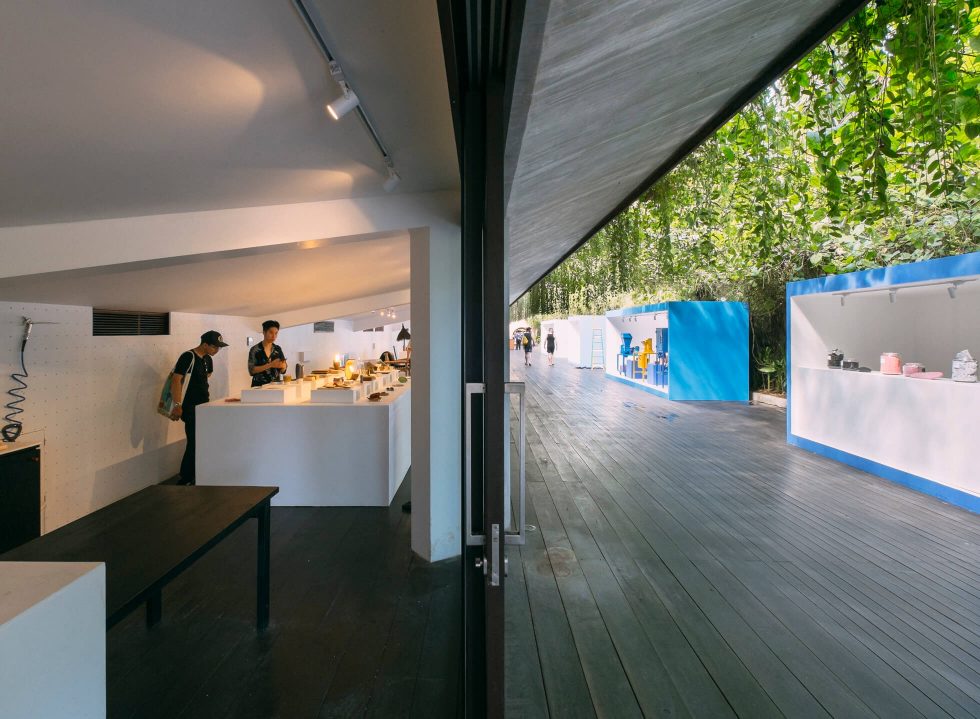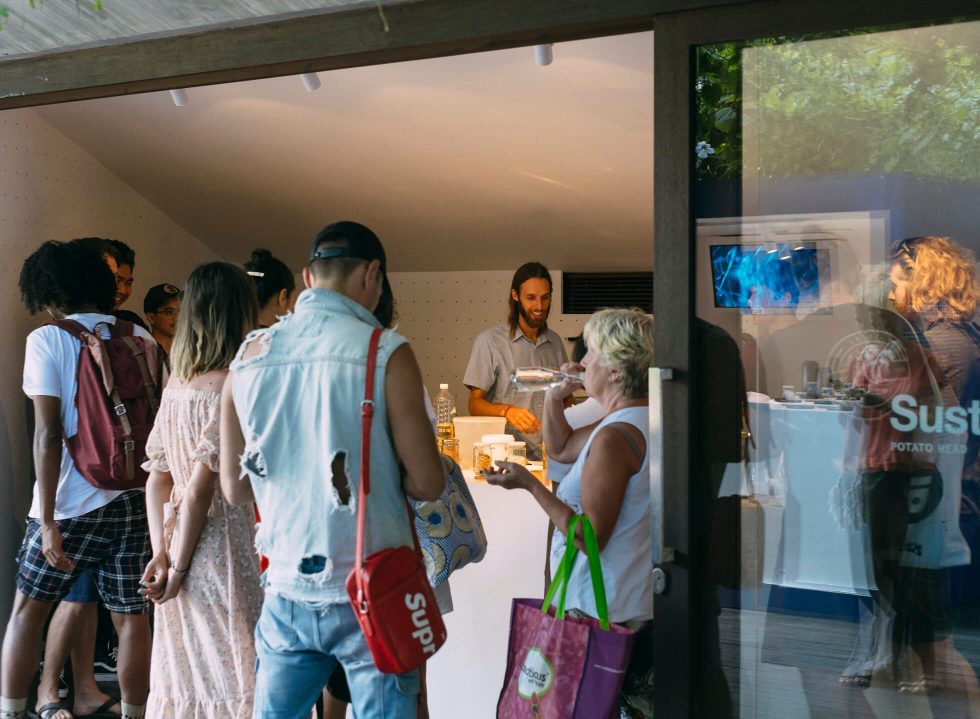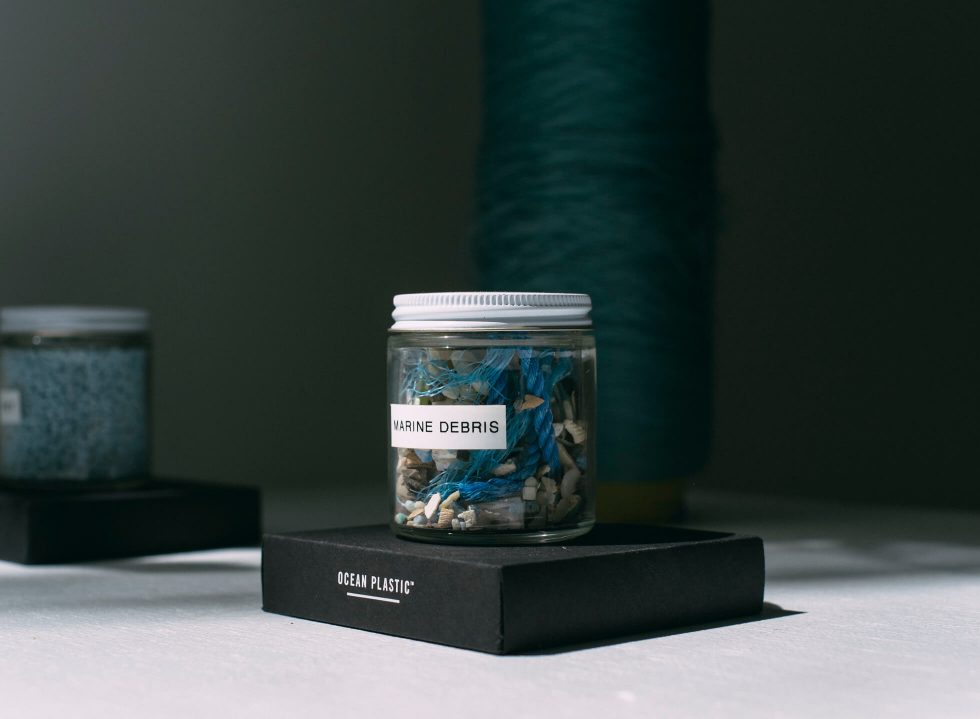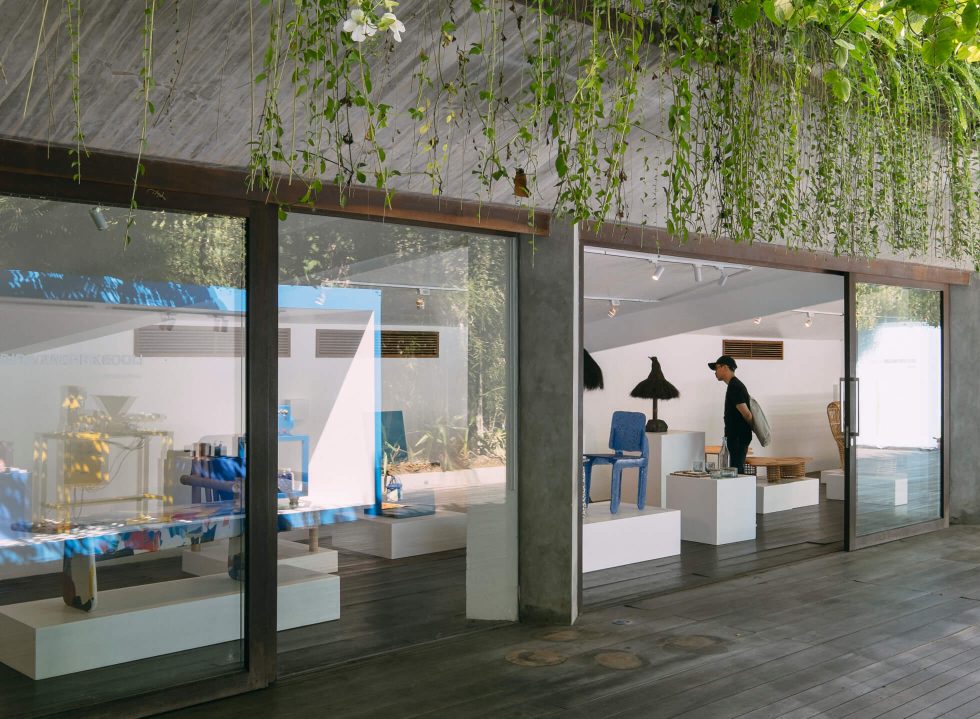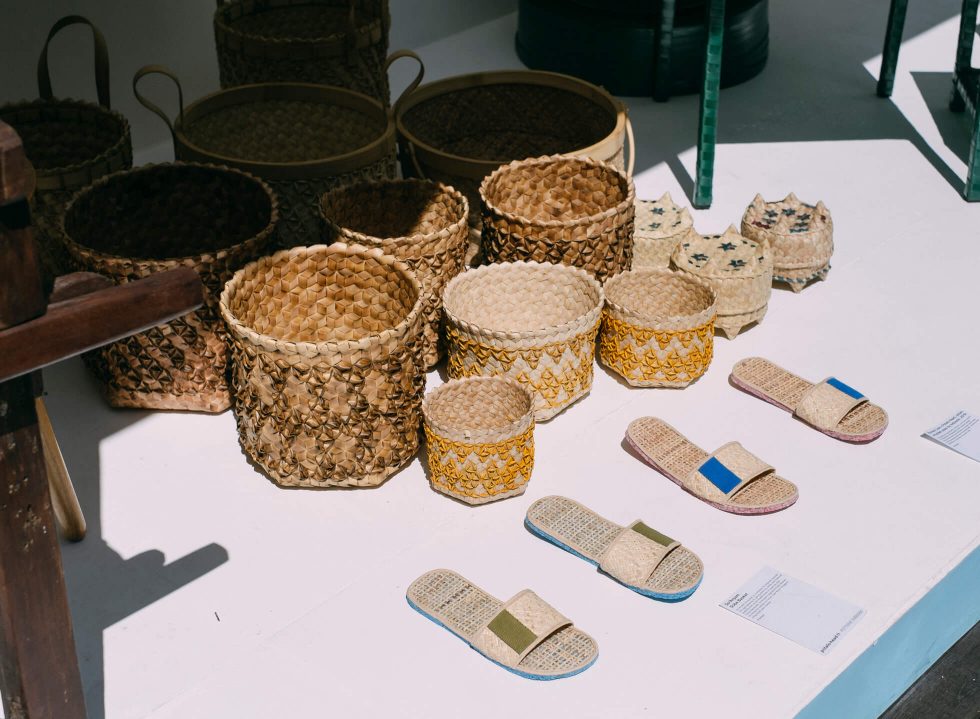For years, we’ve been told of the threats of global warming and the negative impact of plastic (single use or not) to the world we’re living in. Now, the threats are no longer imminent, but a reality (increasing erratic weather, for example) and the consequences of our excess plastic use are laid out for us to see (beached whale with plastic waste spilling out of the guts, anyone?).
During the opening speech of Future Design Week, a week-long event (17–23 May, 2019) at Desa Potato Head in Bali that highlighted design as a compelling force for a more sustainable future, visitors – both locals and tourists from different corners of the world – congregated before Ronald Akili, the CEO and co-founder of Potato Head Family lifestyle group, like it was another weekly church gathering. The evening was laidback and breezy but Ronald’s message was to the point and urgent: Something needs to be done and it needs to happen now.
Indeed, for many of the people present that night, you get the sense that sustainability is no longer just another interest or topic of conversation but a ‘religion’. And while we’ve been conditioned to view global warming and waste as two separate entities, those two are, as a matter of fact, a perfect symbiosis in wrecking the world. For example, food waste in landfills that don’t completely decompose would release abundance of methane, a heat-trapping greenhouse gas that heats up the globe.
The panel discussion on the first night, “Design as a Vehicle For Social Change” served as the foundation of Future Design Week. With speakers that include Tony Fadell (the man who is responsible for the creation of iPod and iPhone) and Mike Long (Director of Operations at Parley for the Oceans), the takeaway idea was how to utilise business to create change that involves inventors, entrepreneurs and designers. Tony was especially advocating for the latter, explaining that by “combining 50 per cent rational and 50 per cent emotional, you can get people to move.”
And if visitors need tangible examples, they can find them in the exhibition area. There’s a pair of sandals made from palm leather, perfect for a stroll by the beach; a minimalist bench made by combining CDs and plastic rooftop windows; A kaleidoscopic study chair made from recycled plastic sheets through thoughtful cutting that utilises the offcuts as welds to hold the chair together. Though some of these products are still in its early stages of experimentation, it’s a rebuttal to the argument that sustainability can’t be cool.
“We need to respect what we use. If you use something, you need to use it with respect,” says Scott Farren Price, Director of Sustainability for Potato Head, as he demonstrated the simple device that grinds and breaks down PET (Polyethylene Terephthalate) plastic, repurposing them into desirable containers for the establishments. The idea is to see waste as a resource, and not something to be thrown away.
Lest one accuses the event as a marketing tactic to bring in sales, the programmes of Future Design Week were free and interspersed all around the Desa Potato Head compound, which includes its famous beach club and boutique hotel, Katamama. And what’s great about Future Design Week is its emphasis on good times. If all those discussions and presentations on sustainability sounded preachy, Desa Potato Head is completely chill about it in reality. The group recognises that the responsibilities do not lie on the consumers alone.
The truth is, the entire Desa Potato Head compound is already an embodiment of sustainability that’s rooted in good design and good times. They’re perfectly exemplifying that thoughtfully conceived and careful design can enable visitors to be part of the system effortlessly.
The Canaan Bali store – founded by Emmelyn Gunawan –greets visitors before the beach club. One can browse through artisanal products, including clothing and homewares, made by local craftsmen. Here, the focus lies in the merit of workforce, how sustainability can be about empowering the local communities.
In Ijen, the establishment’s restaurant serves up delish seafood within a space that’s built from recycled materials while adhering closely to its zero waste philosophy. Any waste produced by the restaurant is separated into more than five categories; some to be sent to pig farms as feed; calcium-rich shells are grounded to feed chickens; and fish scales are mashed and turned into (surprisingly) tasty crackers.
None of the information above is forced onto you against your will. Restaurant manager Rushi Krishna will be more than happy to leave you to your own device to soak up the holiday vibes. And above that, they are refreshingly forthright on their room for improvement. “I won’t say that we’re 100 per cent zero waste, but we’re 99 per cent there,” said Rushi.
“Sustainability doesn’t mean downgrading,” said Dan Mitchell, Culture & Creative Director of Potato Head. And that in itself is especially crucial, especially for visitors who are essentially in Bali for vacations. We’re all here in this world for a short period of time. While it’s our responsibility to take care of the world, it’s important to enjoy the ride. As Dan said it best, “We want everyone to have a great time.”
